|
|
|
|
Nau mai haere mai — welcome to your weekly newsletter.
Today Jacinda Ardern will officially declare a climate emergency in parliament, joining many other countries (and local bodies) that have already done so. The PM has acknowledged it is more symbolic gesture than tangible policy, but it is also one way to allow her government to be held to account over its record and action on climate change. As AUT’s David Hall and his fellow authors argue, though, the very word “emergency” carries a lot of
semantic baggage – including the implication of state power overriding the rights and wishes of ordinary people.
And yet, there is no doubt New Zealand needs to lift its game on reducing carbon emissions and start living up to the letter and spirit of the Paris Agreement. As Massey University’s Robert McLachlan explains, our comparative performance has been largely woeful, and the time has now arrived to give proper effect to the institutions and mechanisms in place to cut emissions and to phase out fossil fuels.
Finally, the announcement this week that WorkSafe would be laying criminal charges against 13 parties involved in the Whakaari/White Island tragedy might not have been a total surprise, but the inclusion of GNS Science among them perhaps was. However, if it leads to a better understanding of how volcanic activity is monitored and predicted, Auckland University’s Shane Cronin suggests, it might at least have some longer term benefits.
There’s much more here and on our homepage, so thank you as always for your support. Until next time, mā te wā and all the best.
|
Finlay Macdonald
New Zealand Senior Editor & NZ Editor: Politics, Business + Arts
|

|
|
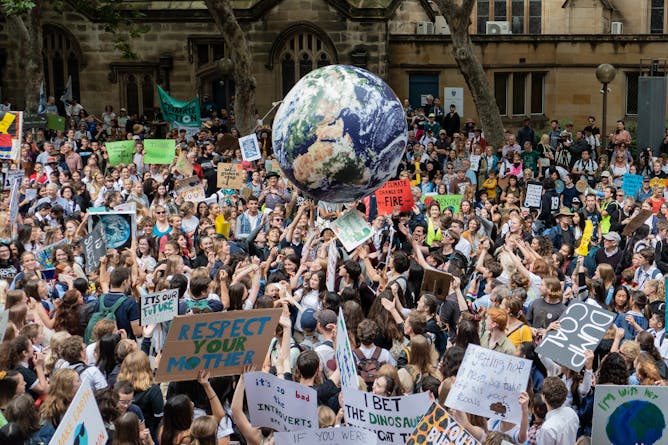
www.shutterstock.com
David Hall, Auckland University of Technology; Raven Cretney, University of Waikato; Sylvia Nissen
Symbolic gesture or assertion of state power? Declaring a climate 'emergency' walks a fine line between hopeful rhetoric and risk to democracy.
|

Shutterstock/Hana E
Robert McLachlan, Massey University
New Zealand is one of few countries to enshrine a zero-carbon goal in law, but current climate policies don't keep up with that ambition.
|
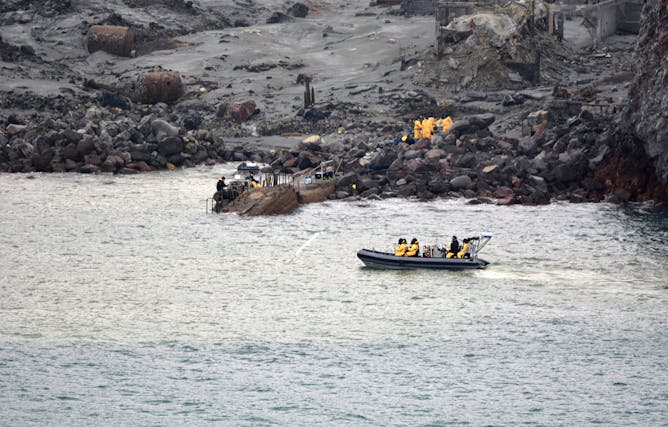
New Zealand Defence Force
Shane Cronin
Charges regarding last year's fatal Whakaari/White Island eruption should not be about blame, but about improving hazard warnings and enforcement, particularly for sites with a history of eruptions.
|
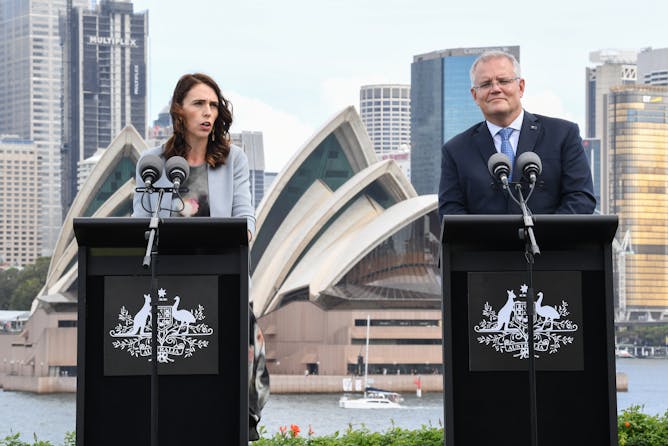
GettyImages
Grant Duncan, Massey University
In a major essay, senior Australian political correspondent Laura Tingle suggests her country could still learn from the New Zealand 'experiment'.
|
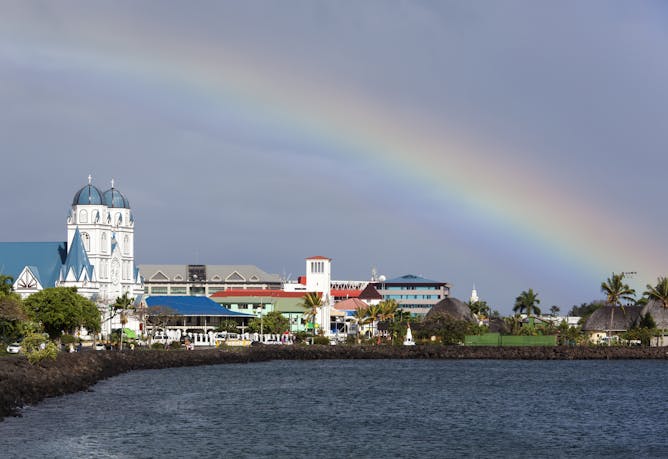
Apia harbour on the island of Upolu, Samoa, where the deadly influenza virus came ashore in 1918.
www.shutterstock.com
Tootoooleaava Dr. Fanaafi Aiono-Le Tagaloa, University of Waikato
After recent suspected COVID-19 cases and with repatriation flights postponed, Samoa takes no chances.
|
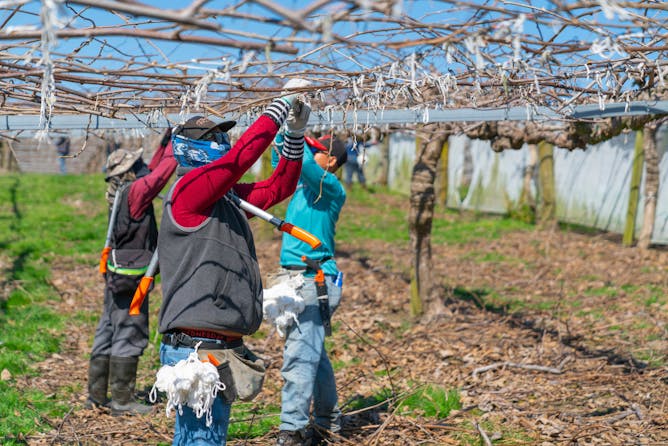
www.shutterstock.com
Swati Nagar, Auckland University of Technology
Pandemic border restrictions are keeping seasonal crop pickers from the Pacific out of New Zealand. Would adapting the quarantine system help?
|
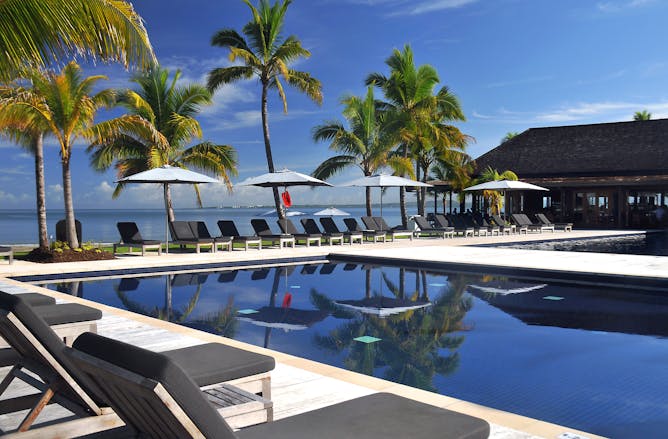
www.shutterstock.com
Apisalome Movono, Massey University; Regina Scheyvens, Massey University
Research reveals a desire by Pacific tourism workers for genuine change once travel starts again, including better wages and conditions and greater local control of operations.
|
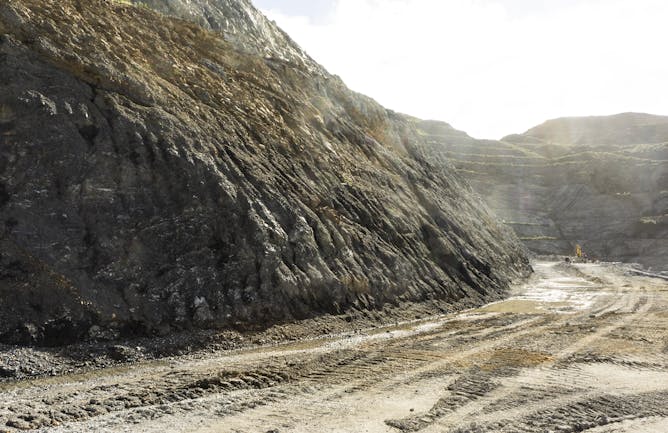
Shaun Rosier, Te Herenga Waka — Victoria University of Wellington
The remediation of a quarried landscape usually focuses on ecological restoration. But if we turned mined sites into public spaces, it might change how we think about the environment.
|
From our foreign editions
|
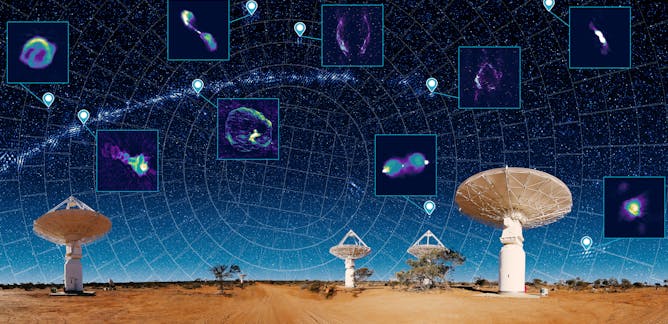
Aidan Hotan, CSIRO
Researchers have spotted millions of galaxies in the most detailed radio survey of the southern sky ever conducted. It has smashed previous records for survey speed.
| |
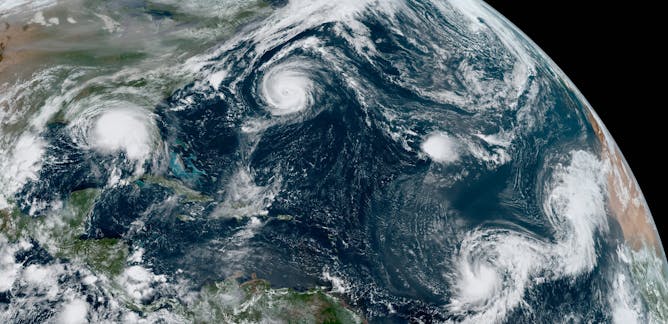
James H. Ruppert Jr., Penn State; Allison Wing, Florida State University
There were so many tropical storms in 2020, forecasters exhausted the list of names and started using Greek letters. And that's only one reason 2020 was extreme.
|
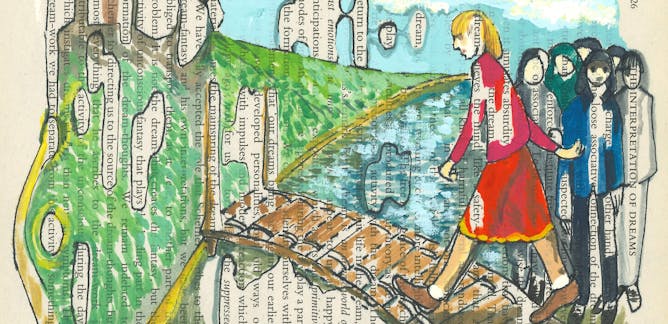
Mark Blagrove, Swansea University
The level of anger and sadness in our dreams may be related to how much we suffer mentally with social isolation.
| |
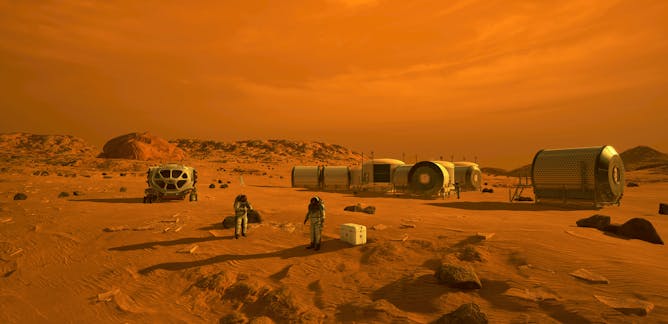
David Rothery, The Open University
It is becoming increasingly clear that there is plenty of brine on Mars.
|
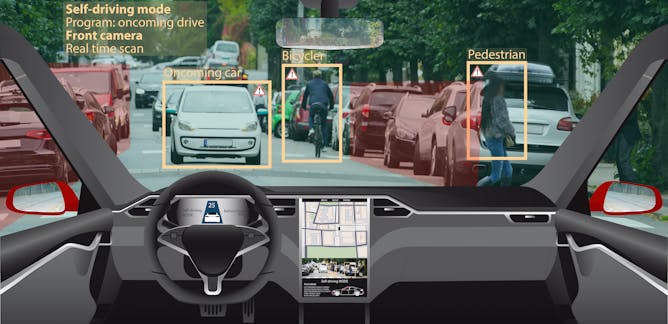
Francesco Biondi, University of Windsor
As self-driving cars increase in popularity, the question of legal liability remains. The driver, automobile manufacturer and software designers all have a role to play.
| |

Michele K. Donnelly, Brock University; Bruce Kidd, University of Toronto
If "fairness" is why trans players have been banned by World Rugby, then sport bodies need to realize many athletes have an unfair advantage because of issues like class and cultural backgrounds.
|
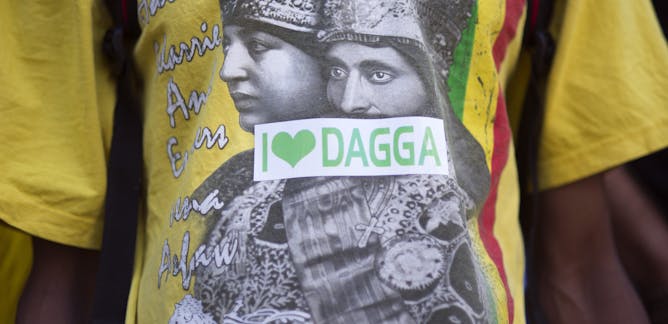
Thembisa Waetjen, University of Johannesburg
Policy makers need to protect and promote the interests of people whose indigenous knowledge and toil developed a thriving national cannabis economy - in the face of harsh police crackdowns.
| |

Richard Reid, University of Oxford
Conflict between Eritrea and Tigray has long represented a destabilising fault line for Ethiopia as well as for the wider region.
|
|
|
| |
| |
| |
| |
| |
| |
|
|
|
|
|
|
|